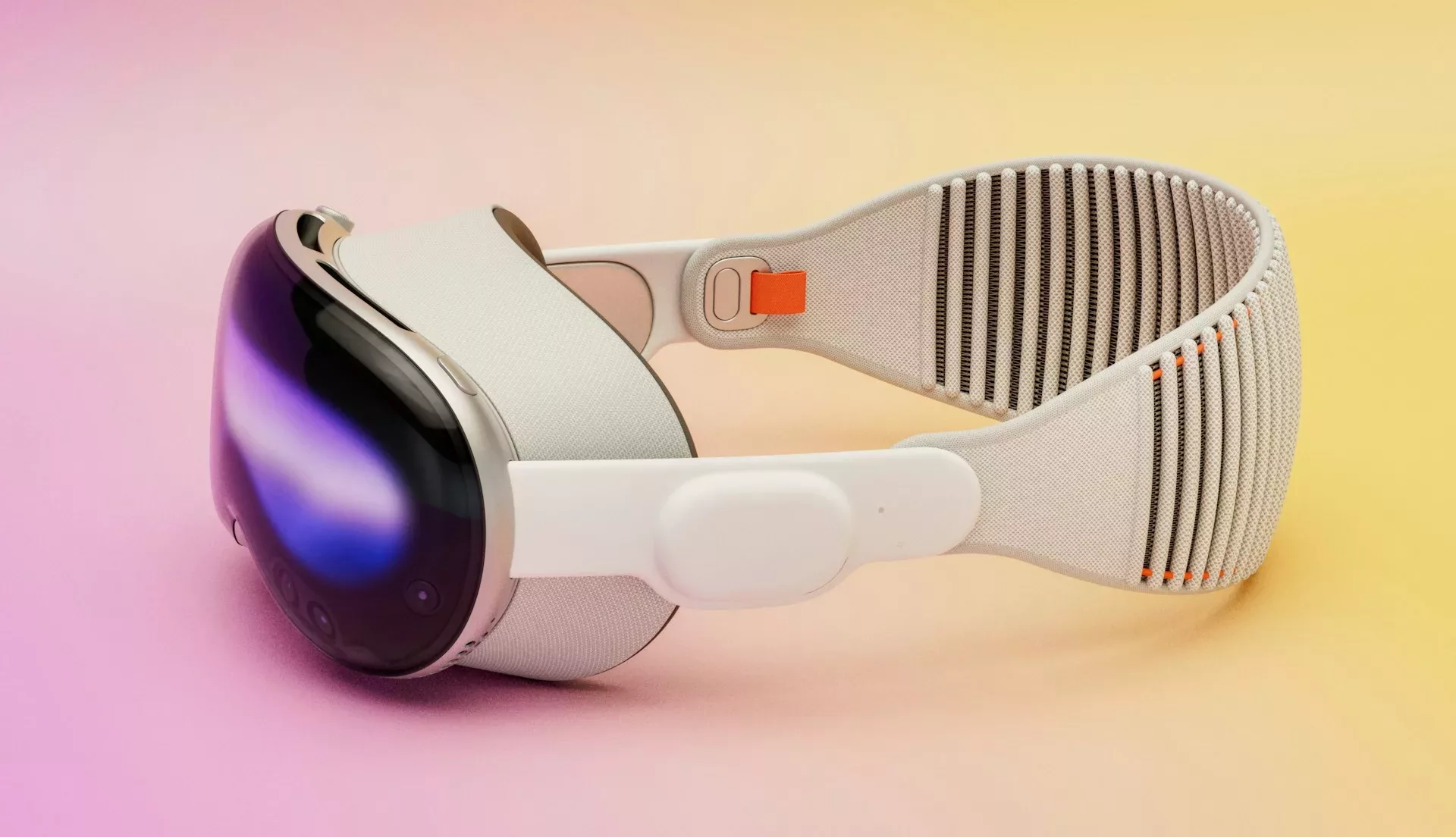Overview
- Meta canceled its high-end La Jolla AR/VR headset, originally planned for 2027, due to high production costs and uncertain consumer demand for premium devices.
- The decision follows setbacks with Meta’s Quest Pro headset and concerns over the market’s reception to high-priced devices, such as Apple’s $3,500 Vision Pro.
- Meta remains committed to AR/VR development, with plans for a more affordable Quest headset (Ventura) and upcoming AR glasses, aiming to target a broader audience.
- The cancellation reflects the challenges of balancing cutting-edge innovation with market realities in the evolving AR/VR space.
Meta Halts Development of High-End AR/VR Headset La Jolla
Meta has officially pulled the plug on its ambitious plan to create a high-end mixed reality headset, codenamed La Jolla, which was intended to rival Apple’s Vision Pro. Originally scheduled for a 2027 release, this advanced device was expected to offer a premium experience in augmented and virtual reality (AR/VR). However, recent developments have led Meta to abandon the project, raising questions about the future of high-end VR in a market where consumer demand remains uncertain.
Check Out Latest Article of Meta’s VR Education Tools Published on November 13, 2024 By Wasiq Tariq
Why Meta Canceled the La Jolla Headset
Meta’s decision to cancel the La Jolla AR/VR headset comes after significant internal deliberation and analysis of market trends. The project was well underway, with development beginning in November. However, several factors contributed to the company’s decision to halt production:
- High Production Costs: The La Jolla headset was designed to use MicroOLED displays, which are known for their superior quality but come with a hefty price tag. Meta aimed to keep the cost of the headset under $1,000, a challenging goal given the expensive components involved.
- Market Hesitation: The Apple Vision Pro, priced at $3,500, has struggled to gain traction among consumers and developers. This raised concerns within Meta about the viability of launching a similarly high-priced competitor in a market that has yet to prove its appetite for such advanced technology.
- Previous VR Setbacks: Meta’s own experience with the Quest Pro, which launched at $1,499, was less than stellar. Despite being a technically impressive device, the Quest Pro faced lukewarm reviews and quickly faded from consumer interest. This further influenced Meta’s decision to reconsider its strategy for premium AR/VR devices.
Meta’s Official Stance on the Cancellation
In light of these challenges, Meta has downplayed the significance of the La Jolla AR/VR project’s cancellation. According to Meta CTO Andrew Bosworth, the company often develops multiple prototypes but does not bring all of them to production. He emphasized that such decisions are routine and should not be viewed as indicative of the company’s overall strategy.
“We have many prototypes in development at all times. But we don’t bring all of them to production,” Bosworth posted on Threads. “We move forward with some, we pass on others. Decisions like this happen all the time, and stories based on chatter about one individual decision will never give the real picture.”
What’s Next for Meta in AR/VR?
Despite canceling the La Jolla project, Meta is not stepping away from the AR/VR space. The company has other projects in the pipeline, including a more affordable Quest headset codenamed Ventura, which is expected to launch later this year. Additionally, Meta is reportedly preparing to unveil new AR glasses at its upcoming Meta Connect event.
Looking further ahead, Meta has plans for the Quest 4, which could come in both standard and premium versions by 2026. These developments suggest that while Meta may be stepping back from the ultra-premium segment, it remains committed to advancing AR/VR technology and making it more accessible to a broader audience.
The Broader Implications for AR/VR Technology
Meta’s decision to cancel La Jolla highlights the challenges tech companies face in balancing innovation with market realities. The mixed reality space is still evolving, and the high costs associated with cutting-edge components like MicroOLED displays make it difficult to produce devices that are both advanced and affordable.
As companies like Meta and Apple continue to explore this space, the market’s response will play a crucial role in shaping the future of AR/VR technology. Will consumers and developers embrace these devices, or will they remain niche products with limited appeal? Meta’s next moves, particularly with its more affordable headsets and AR glasses, will be critical in determining the direction of the industry.


